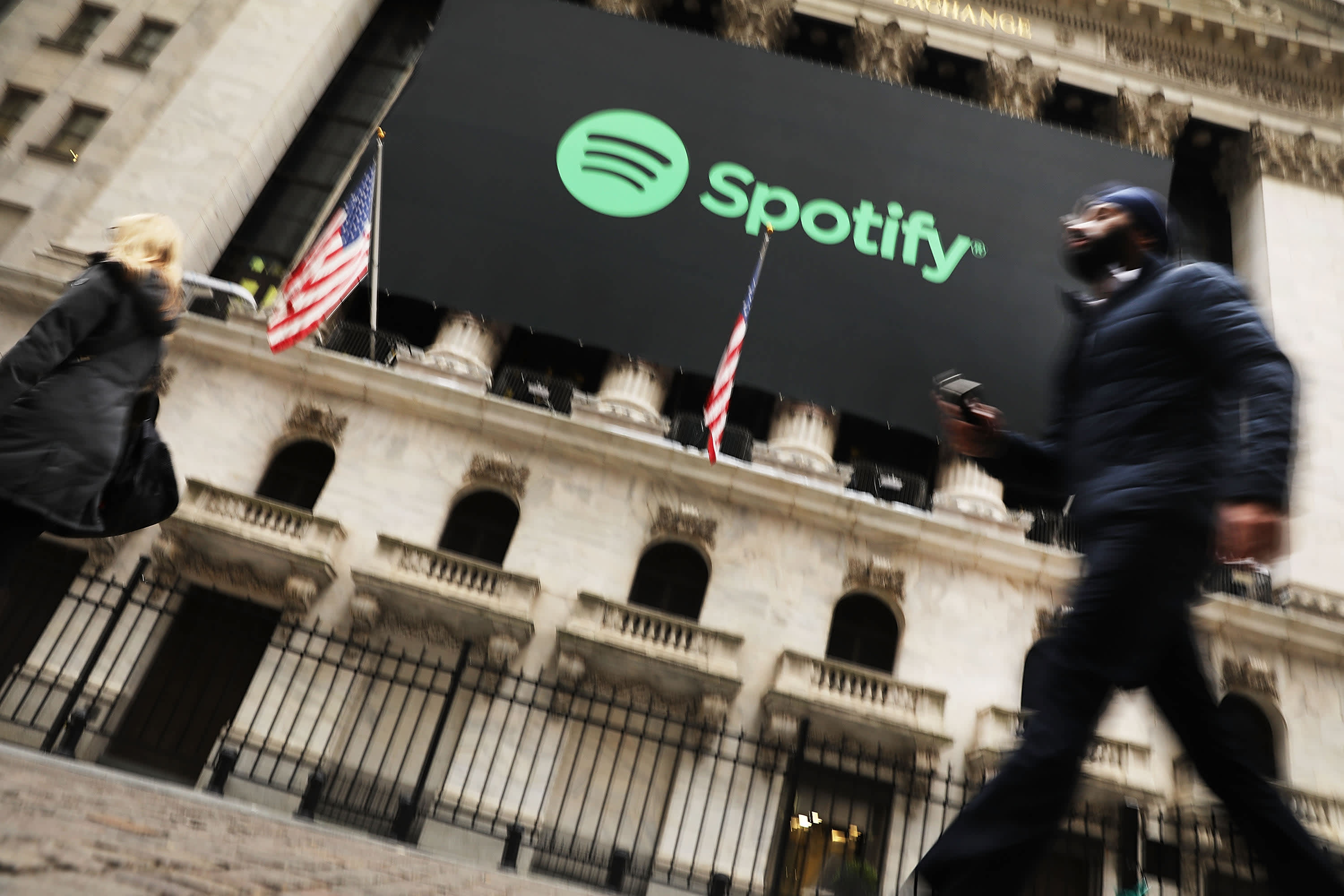This post was originally published on this site

The New York Stock Exchange announced Monday it would launch “First Trade” NFTs, to memorialize the true first trade of six stocks on the public markets.
NFTs, or non-fungible tokens, are a type of digital asset created to track ownership of a virtual item using blockchain technology. Such unique items could be a piece of art or sports trading cards.
During a company’s public debut, the exchange processes over 350 billion order, quote and trade messages across its markets on its busiest days, NYSE president Stacey Cunningham said in a LinkedIn post.
Each message is recorded on the exchange’s digital ledger.
“Only one of those messages marks the NYSE First Trade: the exact moment a company became public, creating an opportunity for others to share in their success,” Cunningham said. “The NYSE First Trade NFT memorializes that unique moment in a company’s history.”
NYSE’s first class of NFTs represent the first trade of Spotify, which executed the inaugural direct listing on the exchange.
In a direct listing, a company makes its debut by selling existing shares directly to the public instead of bringing in intermediaries.
The exchange’s NFT offerings also include Snowflake, the biggest software IPO ever, as well as Unity, DoorDash, Roblox and Coupang, the largest initial public offering of 2021 so far.
NFTs have boomed in popularity this year along with a rise in the values of digital currencies, like bitcoin and ether. The market is growing rapidly, with some digital collectibles being sold for millions of dollars.
Twitter CEO Jack Dorsey sold the first-ever tweet for over $2.9 billion on the “Valuables” platform run by blockchain company Cent. Meanwhile, auction house Christie’s sought bids on a virtual work from the artist Beeple which eventually sold for $69 million.
Investors can access NYSE NFTs on crypto.com
Enjoyed this article?
For exclusive stock picks, investment ideas and CNBC global livestream
Sign up for CNBC Pro
Start your free trial now
— with reporting from CNBC’s Ryan Browne.





